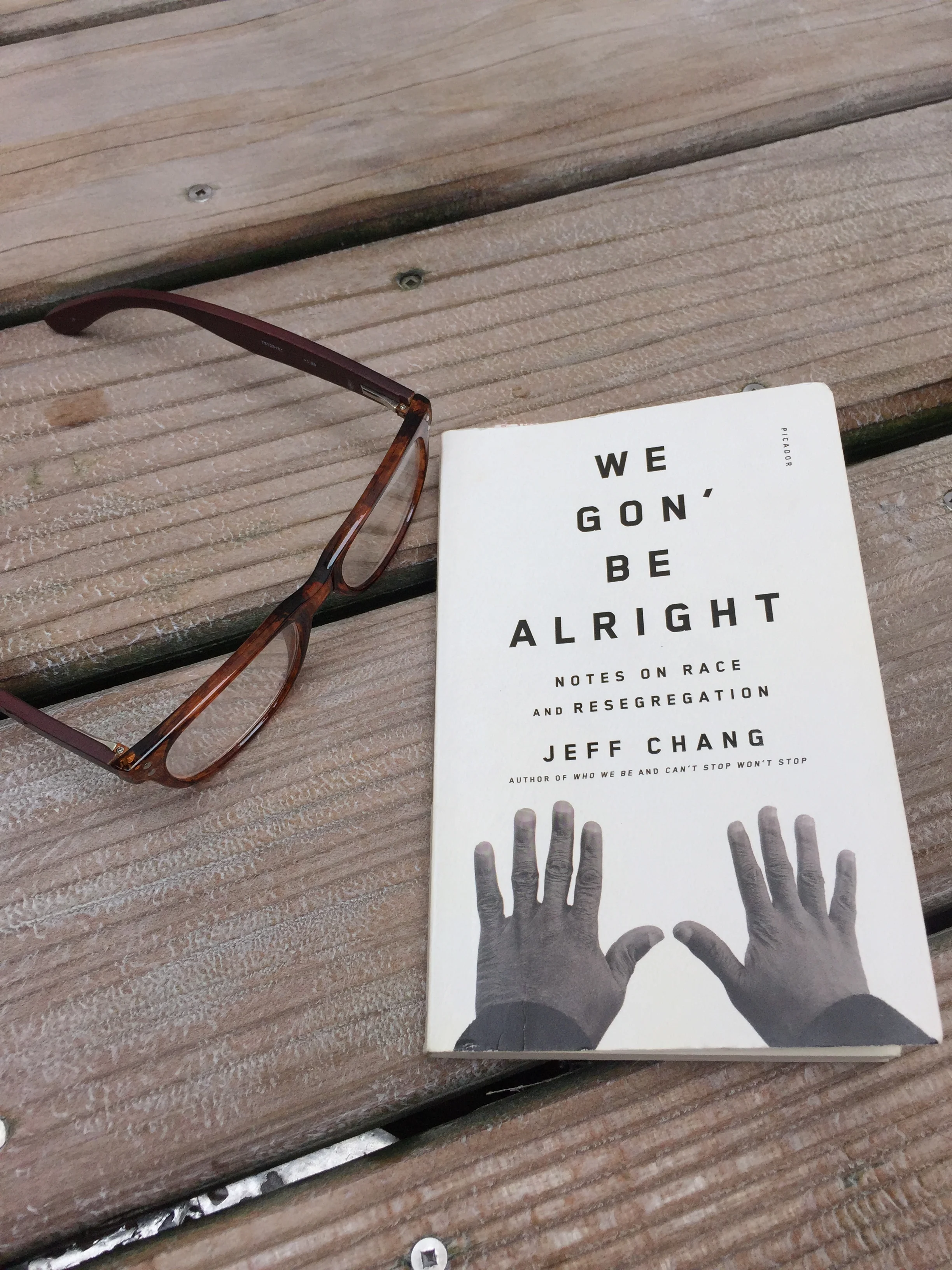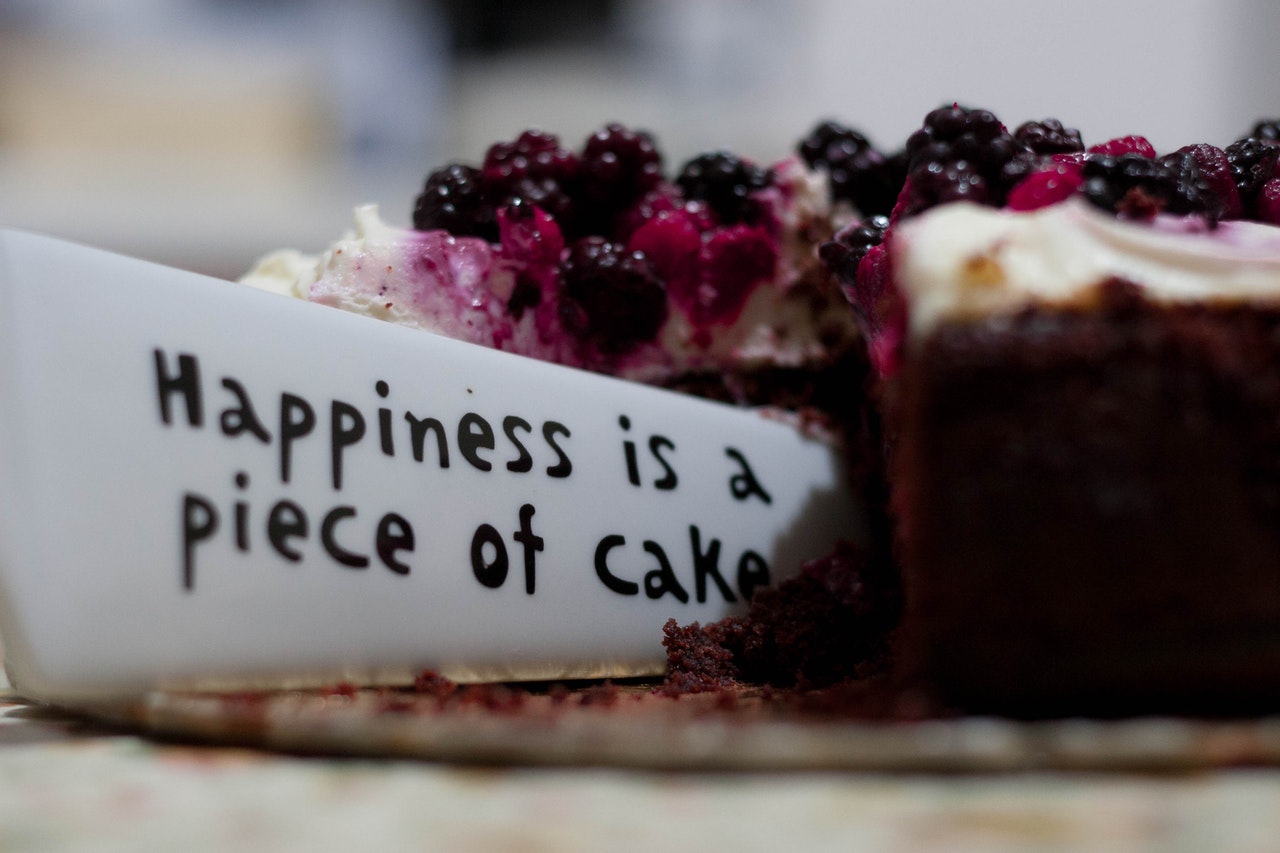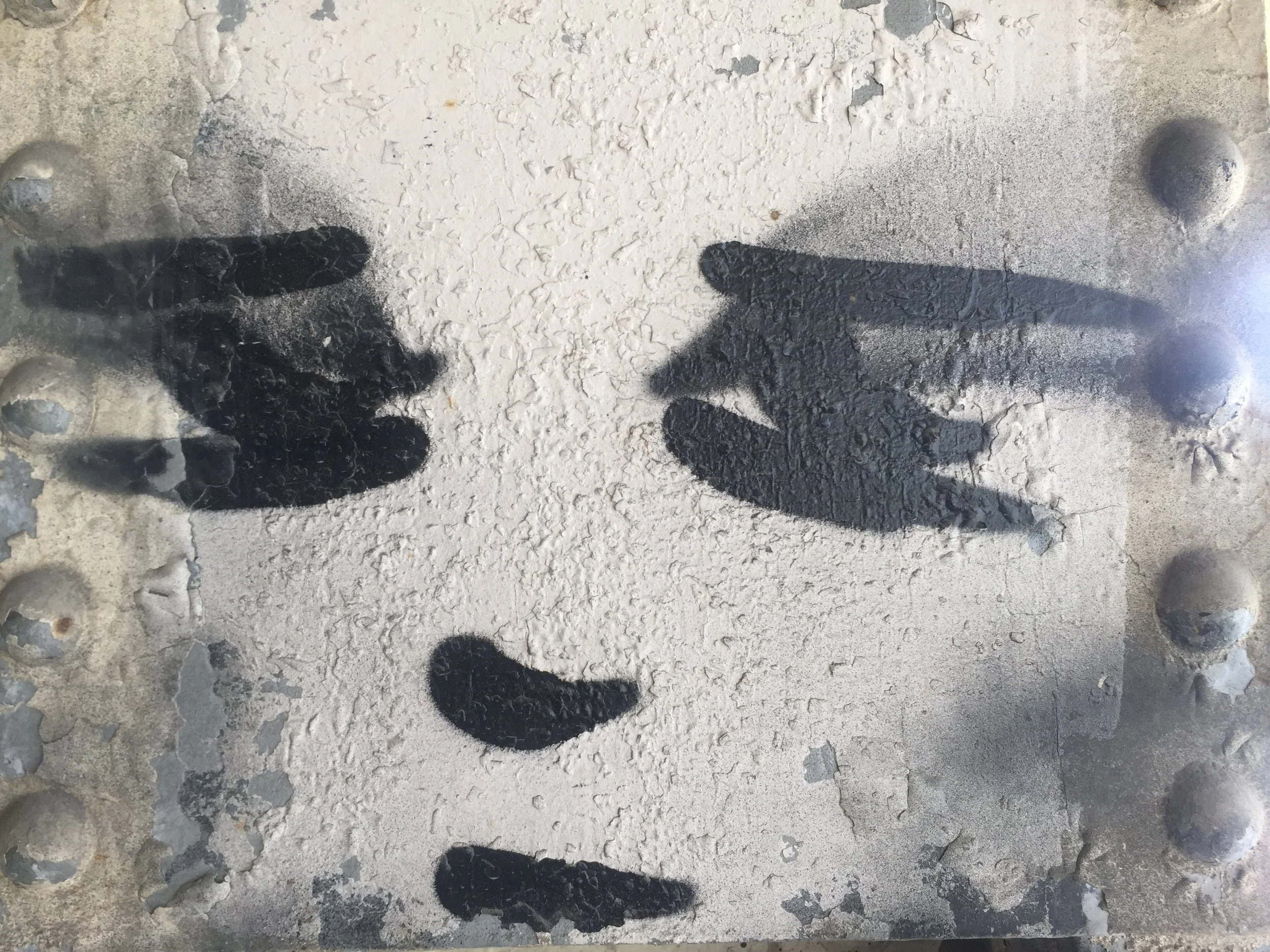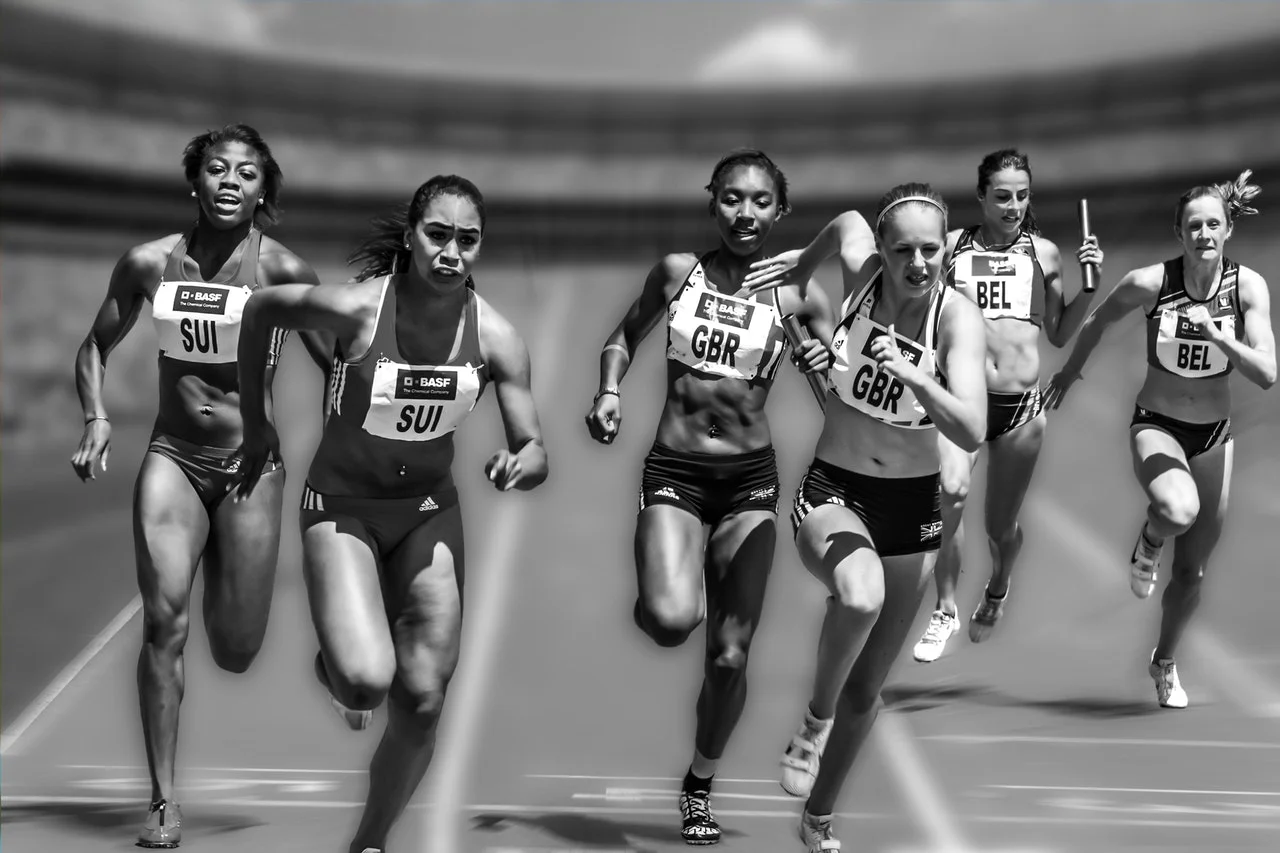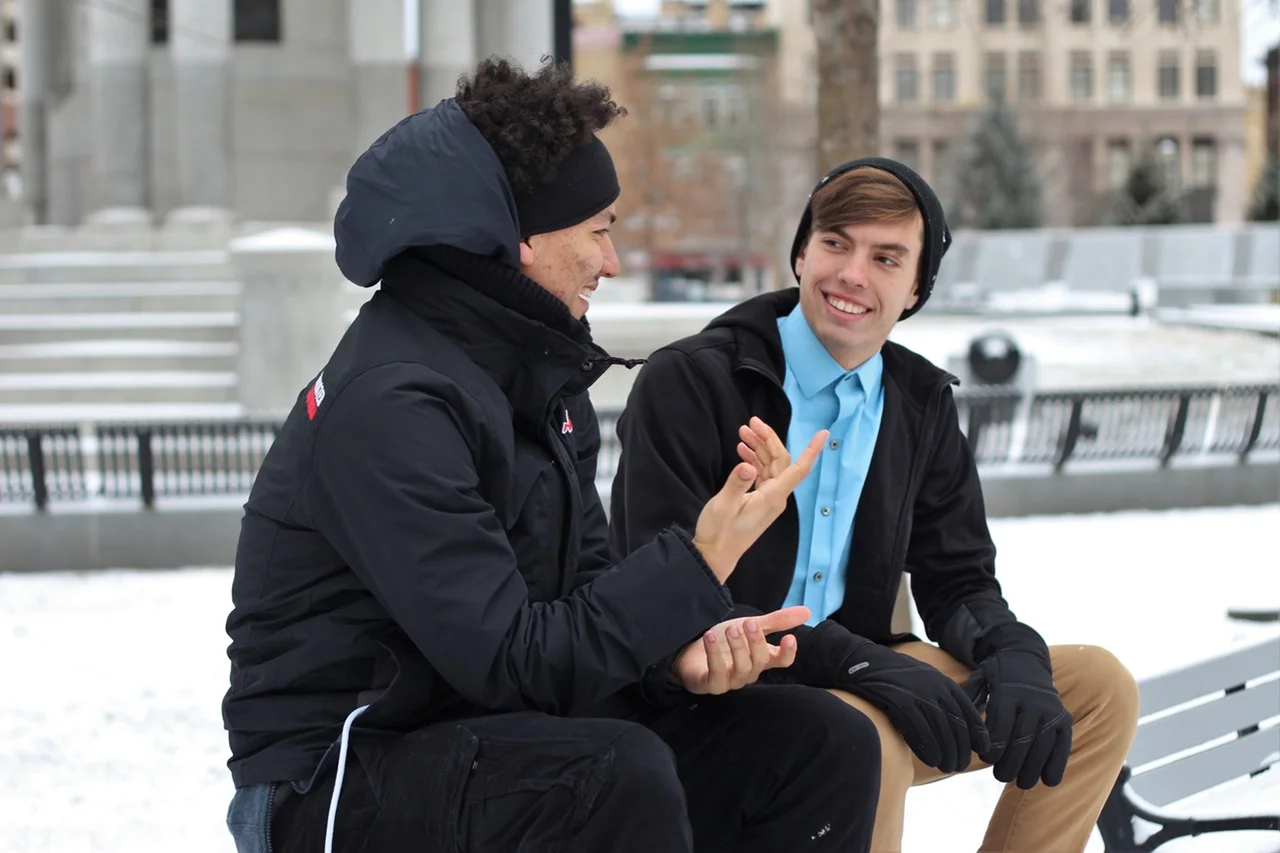How White Therapists Perpetuate Racism (Even When We Try Not To)
/I created this video one afternoon to get down some of my thoughts about a group I've been considering forming for therapists to address racism (our own, and structurally) and whiteness (our own, and structurally). I think it is necessary that therapists explore what it really means to be practicing a craft that is a historically white/European modality - specifically, psychodynamic and psychoanalytic psychotherapy. We studied in white space, we trained in white space, our exams were epitomes of white spaces- and now, as licensed therapists, there are subtle and obvious ways we practice our indoctrination, within a greater system of whiteness. Now, after having the chance to watch this video, I have become aware of the racism inherent in being white and speaking about racism, and the several "slips" I have made in this video that ultimately do the opposite of what I was attempting. This brings several questions and paradoxes to mind.
Read More

